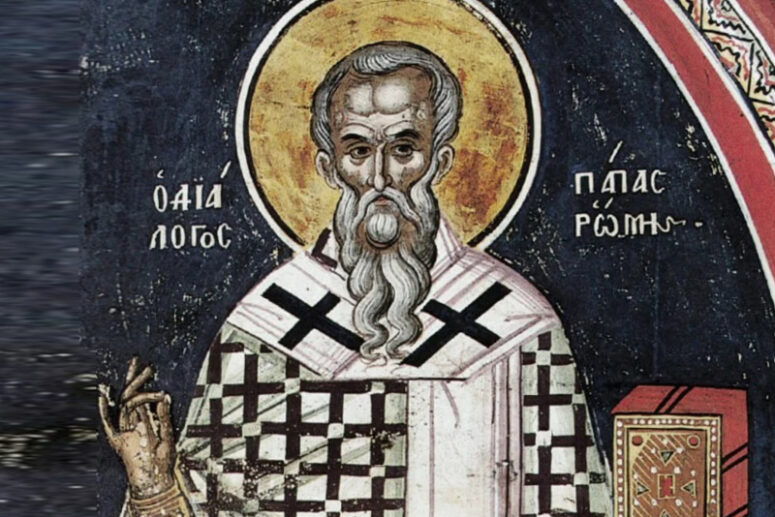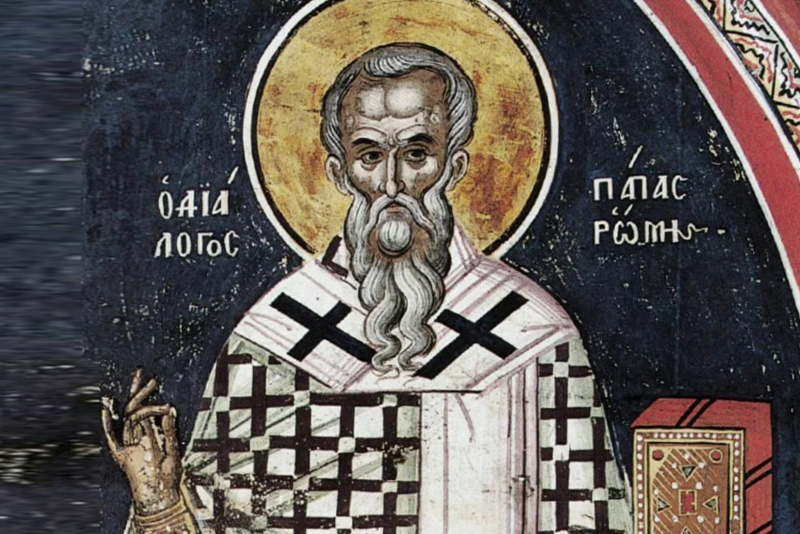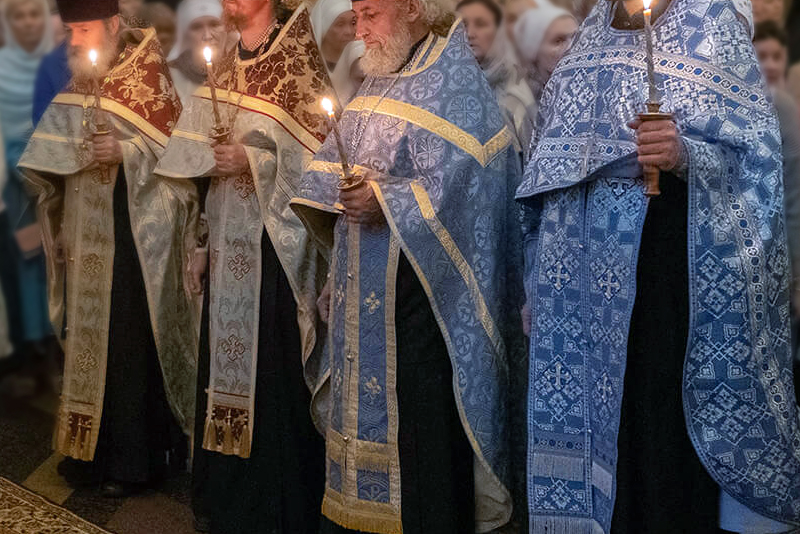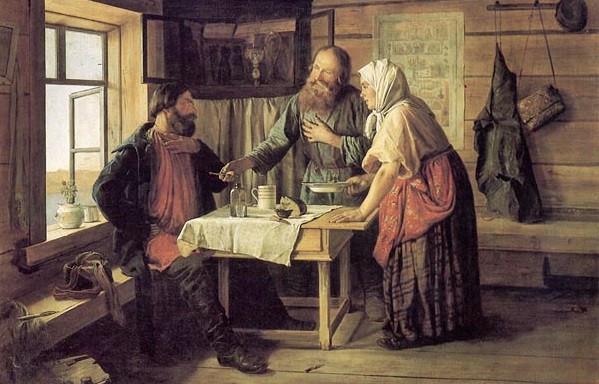
In the 6th century, the bishop of Constantinople for the first time officially became known as the “Ecumenical Patriarch”. What was the meaning of this title, borne to this day by the Primate of the Church of Constantinople? Why did St Gregory the Great, better known in the Slavic countries as St Gregory the Dialogist, sharply opposed this name?
The title “Ecumenical Patriarch”
It all began at the Constantinople Council of 588 convened on the case of Patriarch Gregory of Antioch. The right to be called “Ecumenical Patriarch” (οἰκουμενικὸς) was then officially assigned to the bishop of New Rome. In reality, this title was not at all new; it had been used before, notably, not only in relation to the Patriarch of Constantinople but also referring to primates of other churches. So, for the first time, the term “Ecumenical” was used in relation to Dioscorus of Alexandria, a bishop, who played a sad role in the Second Council of Ephesus in 449, also known as the “Robber Council”. Later this title was applied to the primate of New Rome at the council of 518, while Emperor Justinian used it to address Menas of Constantinople. Some Latin copies of the acts of the IV Ecumenical Council also mention a proposal to address St Leo of Rome with the title “Ecumenical”. In correspondence between bishops, as a sign of special reverence, the popes of Rome Hormisdas, Agapetus, and Boniface II would sometimes address one another that way. Notably, the aforementioned Roman Popes never applied this honorary name to themselves (Dudden F. Homes. Gregory the Great. His Place in History and Thought).
However, when this title became official for the bishop of Constantinople, Pope Pelagius protested this decision and forbade his apocrisiary in Constantinople (the envoy of the Roman Apostolic See) to concelebrate with the Byzantine patriarch, which in fact meant a break in Eucharistic communion. The Pope’s apocrisiary then was Gregory, the future great Pope known as the Dialogist. After ascending the apostolic throne of Old Rome, Gregory refrained from publicly opposing the new title of Patriarch of Constantinople for some time. His patience snapped when the patriarch and the emperor of Constantinople grossly violated the ecclesiastical jurisdiction of Rome, nominating their candidate for the post of Archbishop of Salona (today’s Split in Croatia) expelling the candidate of Pope Gregory. What were the arguments of the Roman hierarch against the new title?
“Ecumenical” VS Collegiality
Perhaps one of the main arguments of the Roman primate was similar to what can usually be heard from the lips of Orthodox apologists for conciliarity, arguing with the Catholic concept of universal papal supremacy. Saint Gregory asserted that the title “Ecumenical” inappropriately exalted its bearer, thereby humiliating other bishops endowed with the same sacramental authority. According to Gregory, even the apostles did not dare to appropriate such dominant titles. Rather they were heads of the Christian communities created by them, at the same time remaining “equal members under one Head” (Christ). In his letter to the emperor Maurice, Gregory exclaims that even the Apostle Peter, who was given “care and headship over the whole Church,” did not dare to be called an ecumenical apostle. The Pope voiced similar thoughts in his letters to other Eastern Patriarchs, emphasizing the fact that all Patriarchs are co-shepherds and brothers.
Ecumenical as imperial
However, Gregory found no support in this matter among the Eastern primates, not even among those united by personal friendship with the Pope. Eastern hierarchs were accustomed to grandiloquent titles and did not pay much attention to them. The traditional explanation for the title “Ecumenical” was related to Constantinople as the main and the greatest city of the Christian Roman Empire, truly a City with a capital C, the center of the Ecumene (Universe) and Pax Romana (Roman world), altogether making the Patriarch of Constantinople also worthy of being called Ecumenical. The Patriarchs of Constantinople had undoubtedly greater ecclesiastical weight and influence than their Eastern brothers, the Alexandrian, Antiochian, and Jerusalem Patriarchs. In spite of that, the title of the Ecumenical Patriarch did not turn its bearer into the absolute head of the Church, as it became with the Pope after the adoption of the Vatican Dogma.
The Eastern primates did not accept the warnings of their Roman brother, and the title “Ecumenical Patriarch” became part of the Orthodox Church tradition. Paradoxically, precisely what Saint Gregory the Great feared happened with the Roman Church. It is the Catholic ecclesiology that presupposes the need for a Pontifex Maximus having full authority in the Universal Church. The Orthodox Ecumenical Patriarch, Primate of the Great Church of Constantinople in the Orthodox sense is primus inter pares (the first among equals), which gives him special powers and rights enshrined in Church Tradition and canon law but does not make his jurisdiction Ecumenical. This is how the balance between conciliarity and primacy is maintained.




